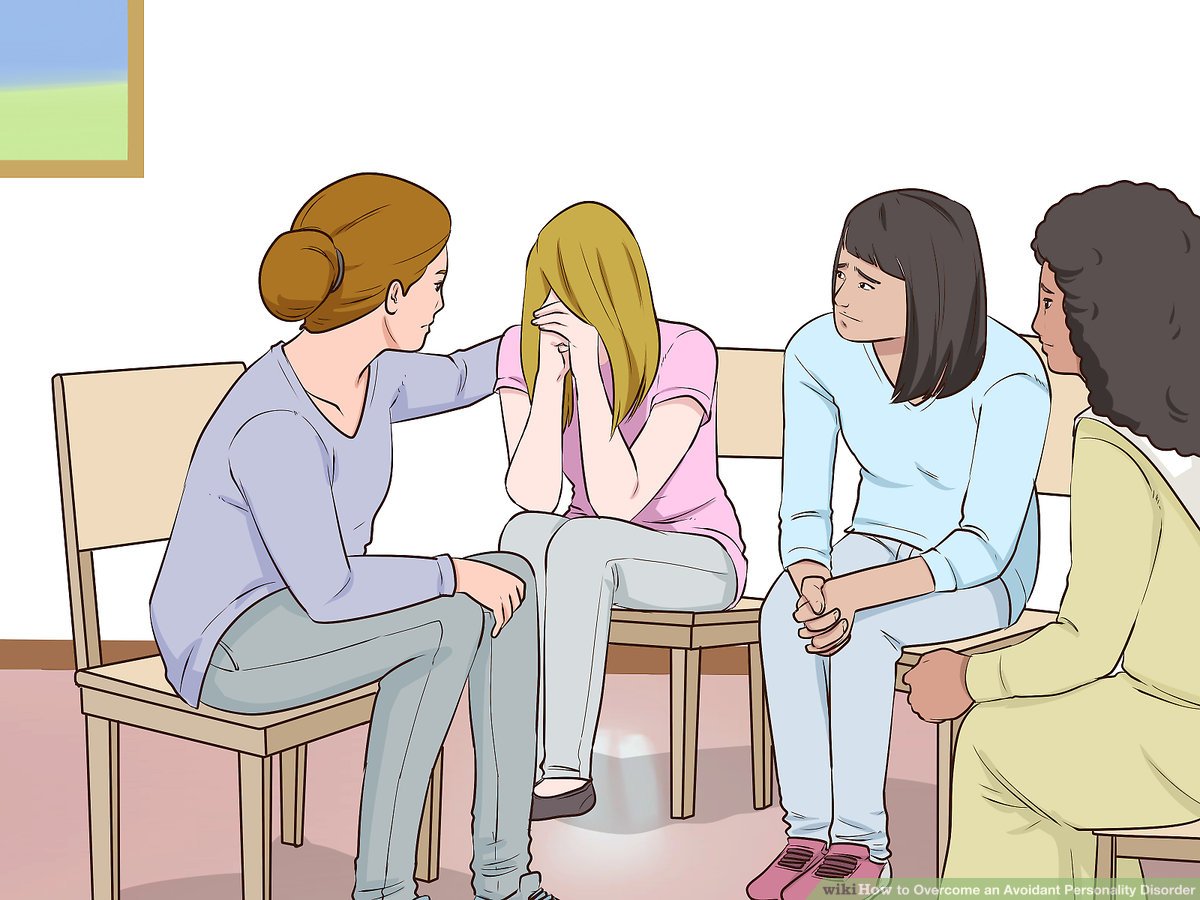
What is avoidant personality disorder?
Avoidant personality disorder (AVPD) is a personality disorder. People with AVPD often have a long history of feeling inadequate (not enough) and are very sensitive to what others think about them.
Someone with an avoidant personality disorder will appear shy and timid. But this is much more than just being ‘shy’. You may avoid people because you feel inferior, even though you really want to have company. You are very sensitive to judgements by others and fear rejection. These feelings are chronic and intense. They negatively affect your ability to engage and function through life.
What are the symptoms of avoidant personality disorder?
A personality disorder is a long-term pattern of behaviour, thinking and emotions. It causes distress and makes it difficult to function in everyday life.
People with personality disorders find it hard to change their behaviour or adapt to different situations. You may have trouble forming positive relationships with others or keeping a job.
For an AVPD diagnosis you need 4 or more of the symptoms listed below:
- Avoids working with others because of fear of criticism, disapproval, or rejection.
- Doesn’t want to get involved with people unless they are sure of being liked.
- Holds back from close relationships because they fear being shamed or mocked.
- Is preoccupied with being criticised or rejected in social situations.
- Is inhibited when meeting new people, due to feeling inadequate.
- Views self as socially inadequate, personally unappealing, or inferior to others.
- Is reluctant to try new activities because they may become embarrassed.
Many people have some of these traits but are still able to function normally. These people do not have a personality disorder.
What causes avoidant personality disorder?
The cause of AVPD is not known.
Some people with avoidant personality disorder:
- come from families where personality disorders are common
- had childhoods that involved abuse, trauma or neglect
- come from normal and happy families
When should I see my doctor?
If you are finding it difficult to look after your mental health issues, try the healthdirect Symptom Checker. Get advice on when to get professional help.
healthdirect Symptom Checker guides you through the appropriate healthcare steps. Whether it’s self-care, talking to a health professional,
How is avoidant personality disorder diagnosed?
A psychiatrist or clinical psychologist can find out if you have AVPD. They will get to know you over time.
It is important to rule out other psychiatric disorders such as depression, drug abuse or anxiety.
How is avoidant personality disorder treated?
The main form of treatment for avoidant personality disorder is psychological therapy. This includes: psychodynamic therapy and cognitive behavioural therapy.
This therapy covers:
- education
- social and communication skills training
- relaxation techniques
- slow and gradual exposure to feared situations
Interpersonal therapy is another type of treatment for AVPD.
No medicines have been tested or approved for the use in avoidant personality disorder.
Can avoidant personality disorder be prevented?
AVPD can’t be prevented as the cause is unknown. However, it’s best to get treatment as soon as possible.
Complications of avoidant personality disorder
Without treatment people with avoidant personality disorder may end up living a life in near or total isolation. This can result in them getting a second psychiatric disorder such as substance abuse or depression. This can stop them living life to its full potential.



